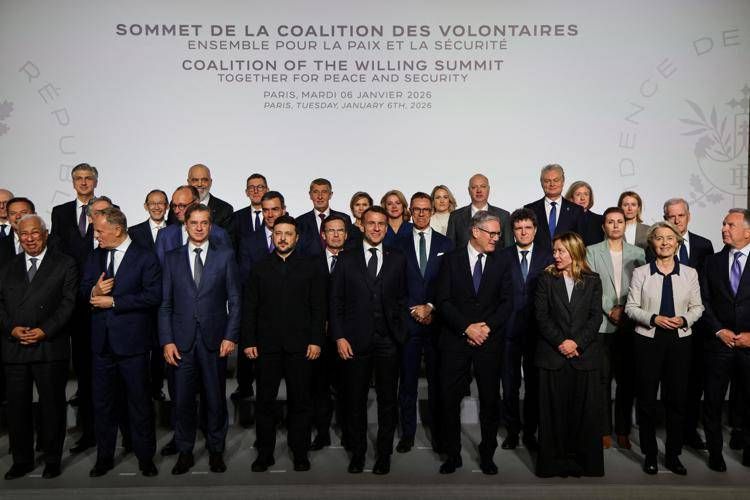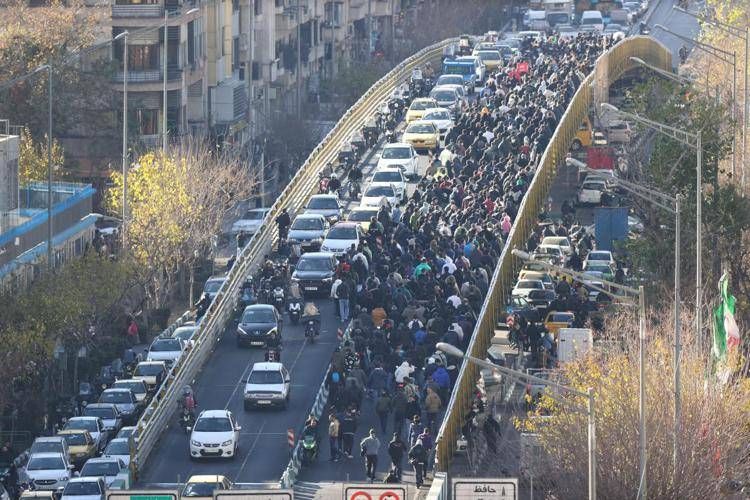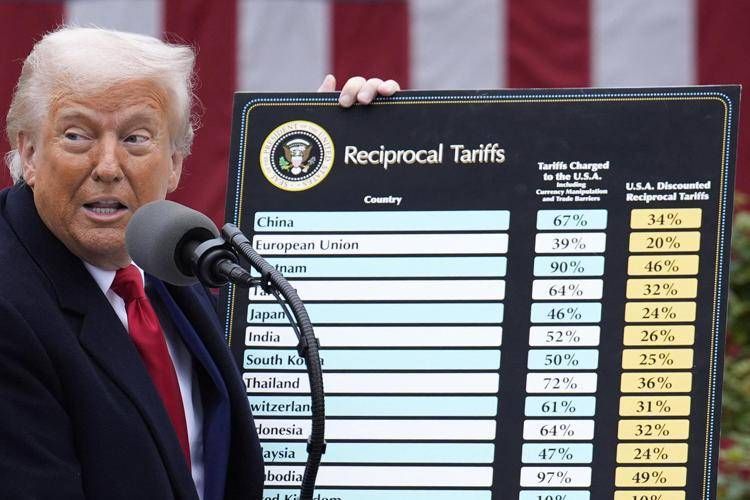
Trump blocked by judges: no extraordinary tariffs on imports from China, Mexico and Canada
-


Overnight explosions in Caracas hit military area, widespread power outages reported VIDEO
-


Attacco Usa in Nigeria contro l’Isis, Trump: “Risposta al massacro di cristiani” VIDEO
-


Frana a Cormons: disperso un giovane e un’anziana sotto le macerie VIDEO
-


Tifone Fung-Wong colpisce le Filippine: un milione di evacuati VIDEO LIVE
A federal court in Manhattan rejects the use of the IEEPA to impose tariffs. Immediate appeal by the administration
Donald Trump cannot unilaterally impose the extraordinary tariffs announced in recent weeks: this was ruled by a US federal court, blocking the application of new tariffs on goods from China, Mexico and Canada. The decision, issued by three judges of the United States Court of International Trade in Manhattan, constitutes a ‘permanent injunction’ against the use of the International Emergency Economic Powers Act (IEEPA) as the legal basis for imposing tariff measures.
The judges ordered the withdrawal of the customs measures imposed on 2 April, the day on which Trump celebrated the proclamation of the so-called ‘Trade Liberation Day’. The block affects tariffs of up to 30% against China, 25% against Canada and Mexico, and 10% on most imported goods, but does not affect the 25% tariffs on cars, steel and aluminium imposed through the Trade Expansion Act.
The ruling is the result of a lawsuit filed by small US businesses and twelve states, led by Oregon, with the assistance of the Liberty Justice Centre. According to the judges, the IEEPA cannot be used to justify tariff measures in the name of national security, as the law does not provide for tariffs among the measures that can be implemented.
The Trump administration has already announced that it will appeal. White House spokesman Kush Desai called the ruling a ‘judicial usurpation’, reiterating that ‘it is not up to unelected judges to decide how to deal with a national emergency’. Former adviser Stephen Miller spoke openly of a ‘judicial coup’.
Trump had justified the tariffs as a tool to stem the flow of fentanyl into the United States, invoking a national emergency. However, the Court clarified that the IEEPA does not grant such broad tariff powers to the president and granted ten days for administrative implementation of the injunction. If upheld, the ruling could mark an important limit on presidential economic powers in trade matters.
THE LATEST NEWS
(Photo: © AndKronos)
-
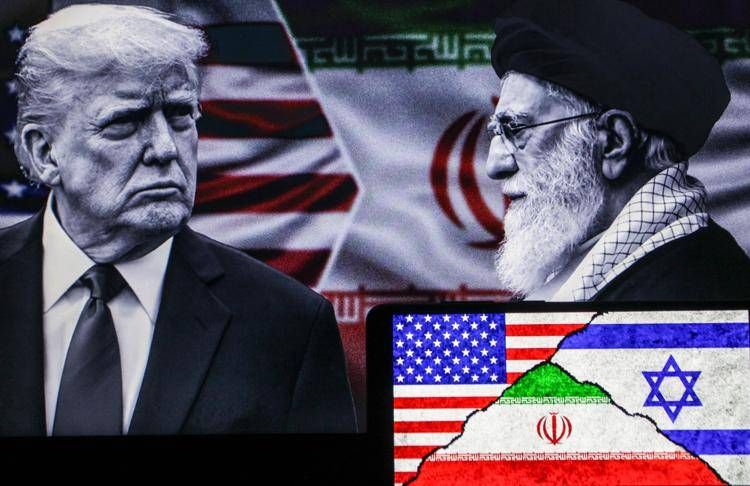
 Primo Piano18 ore ago
Primo Piano18 ore agoCresce la tensione tra Iran e Stati Uniti: intensi movimenti di aerei militari Usa
-

 International-News19 ore ago
International-News19 ore agoUS aircraft movements toward Iran raise risk of clash with Washington
-
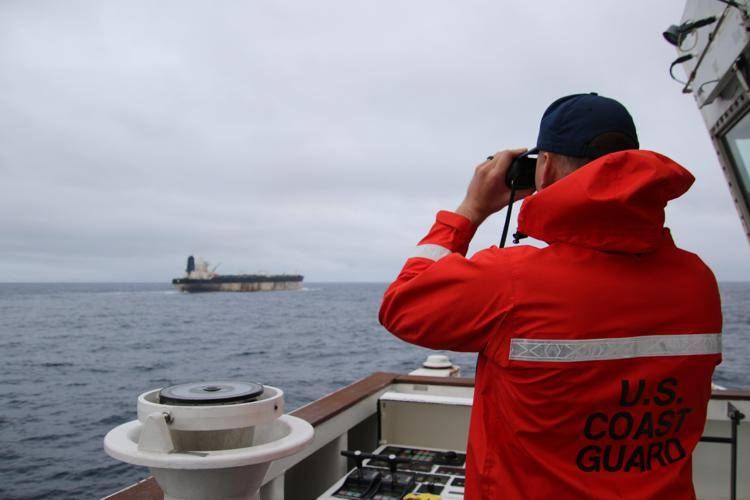
 International-News18 ore ago
International-News18 ore agoMarinera tanker seizure: US authorities take control of Russian-flagged ship in Atlantic
-
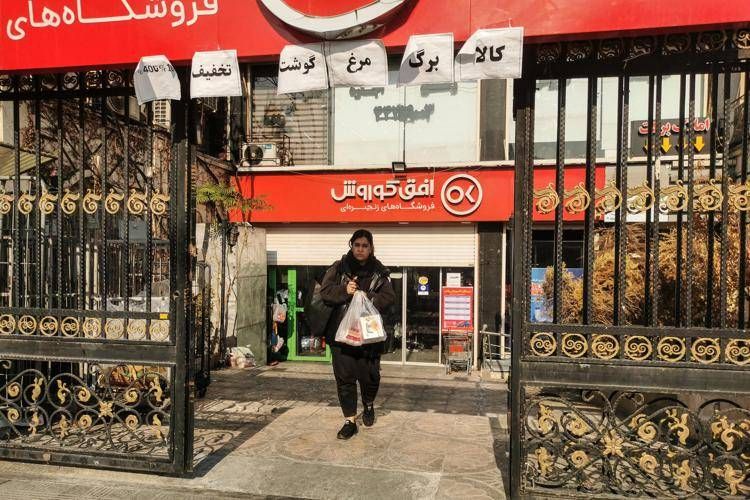
 International-News19 ore ago
International-News19 ore ago$7 per month for Iranians, $1,800 for Hezbollah: the regime’s absurd priorities




